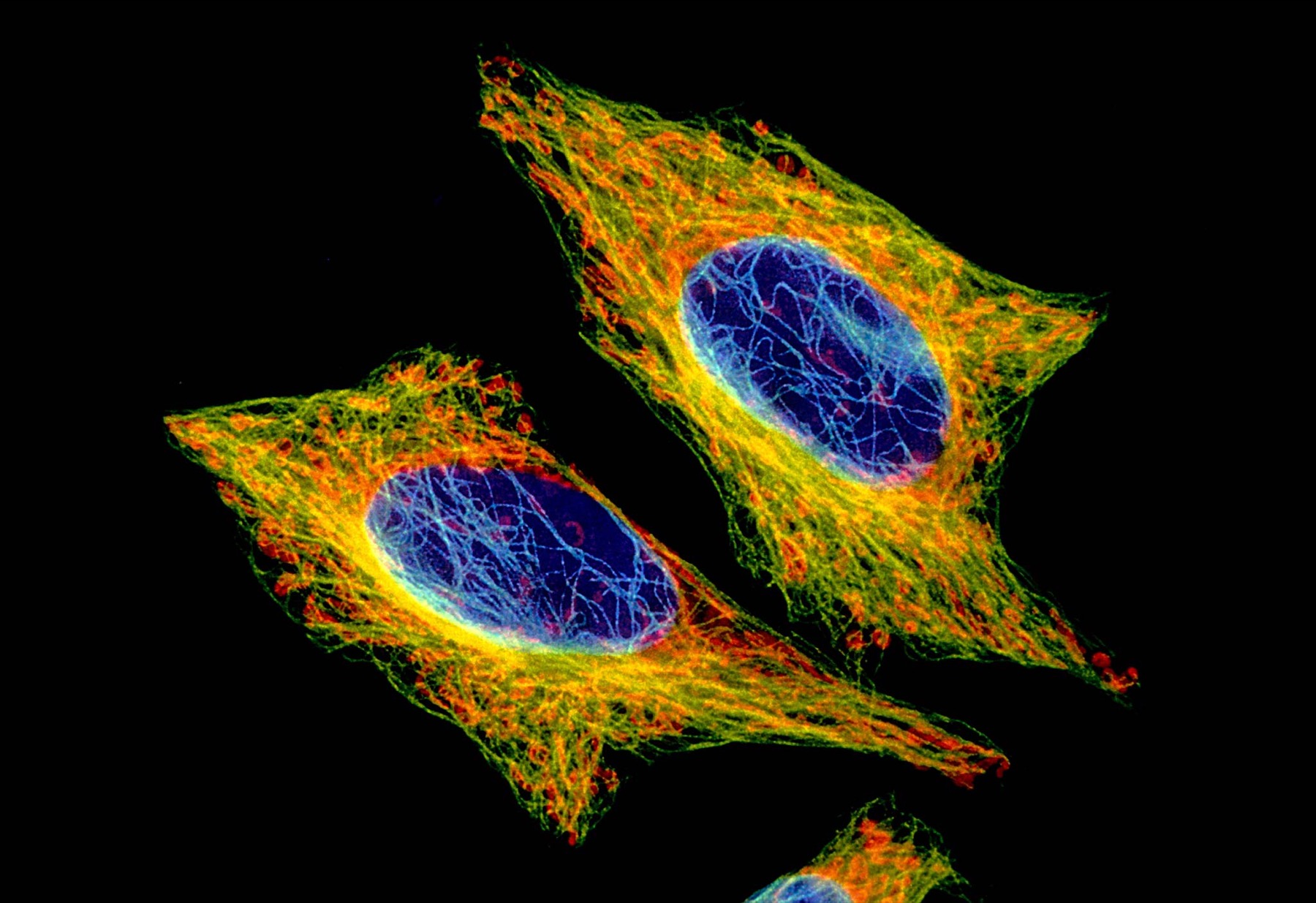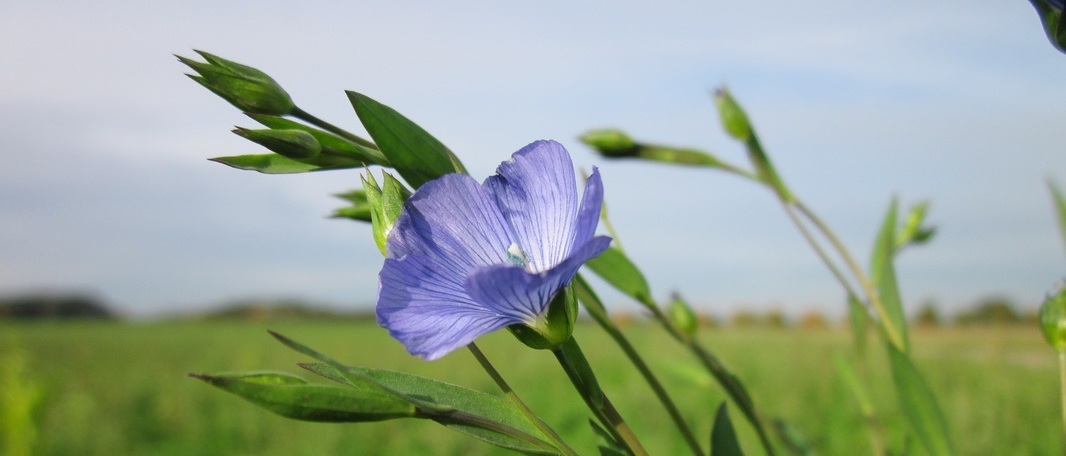Centre for Computational Biology is a multi-disciplinary lab providing broad expertise in analytical, algorithmic and infrastructure solutions for computational biology, translational bioinformatics and agrigenomics. Areas of research interest are immunooncology, genome stability and integrity, transposable elements biology, as well as population and medical genetics. We are also engaged in several crop genetics initiatives to achieve high-accuracy marker-assisted selection and delineate mechanisms of host-pathogen interactions. As large-scale data management is essential for experimental science, we design big data and analytics ecosystems to support and drive biomedical research and agrigenomics studies to the next level.
News & Events
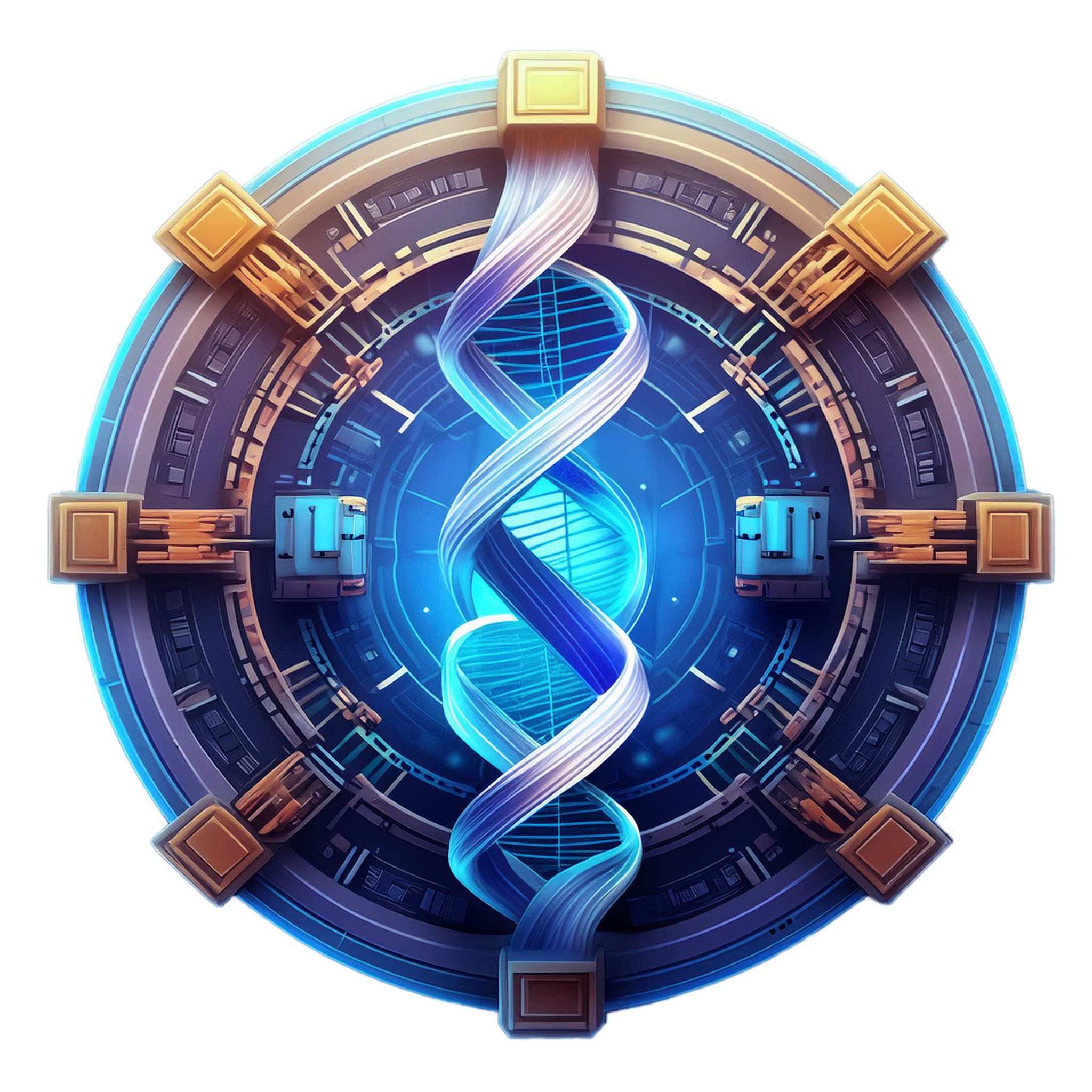
We welcome collaborations of any type and magnitude in the fields related to cancer genomics, agrigenomics, population genetics, modern zoology and molecular ecology, as well as infrastructure development to facilitate extensive omics initiatives.

This summer brought a whirlwind of exciting events.
Firstly, Kostya successfully completed his BSc course and graduated. Congratulations and well done!
We made a meaningful contribution to a study published in July in Molecular Oncology, shedding new light on a molecular mechanism linked to high-risk neuroblastoma disease. Furthermore, our paper on the pangenomics of the flax fungal parasite Fusarium oxysporum f. sp. lini has been published in Frontiers in Plant Science.
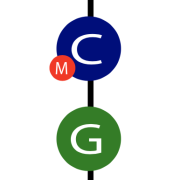
Our team created BSXplorer, a user-friendly Python package designed to streamline the process of methylation data analysis, comparison, and visualization. This easy-to-use and lightweight tool is a must-have for anyone conducting research in the field of epigenetics.

Pygenomics is a Python package that provides routines for working with genomic intervals and processing bioinformatic data files. Our paper in Bioinformatics is available online.
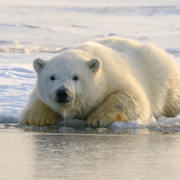
Polar bears are a powerful symbol of the strength and endurance of the Arctic. Habitat fragmentation and contraction caused by human activities in the past century pose a serious threat to genetic diversity of many species, including polar bears, and increase their risk of extinction. We initiated a project, which aims to provide a comprehensive understanding of the genetic variability, population structure, and demographic history of polar bears in the Russian Arctic. Follow this link to learn more.
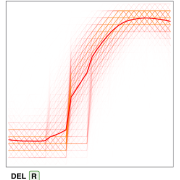
Structural variants (SVs) are a dominant force shaping genomes and substantially contributing to genetic diversity. SWaveform is an open-source versatile web resource and a toolbox developed to process, store and visualise signal coverage profiles in the vicinity of structural variant breakpoints. The resource aims to boost development of computational tools and algorithms for discovery of genomic rearrangement events from sequencing data.



